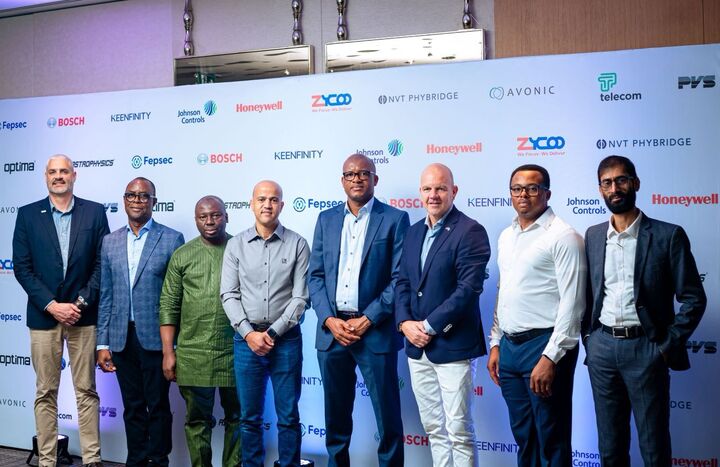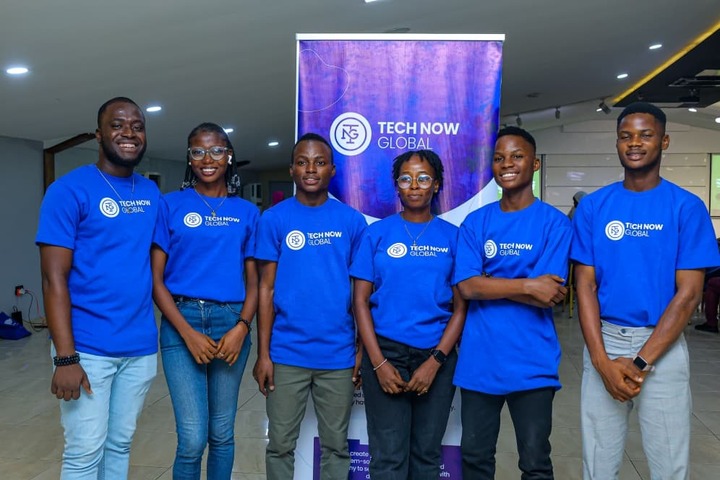
Subscribers have demanded improved Fifth-Generation (5G) network service.
According to Swedish technology firm, Ericsson, in its latest ConsumerLab report, it found out that one in five 5G adopters is willing to pay a premium for a differentiated quality of service, highlighting another potential business case to help operators cash-in on the network technology.
In total, 20 per cent of 10,000 5G users surveyed for the report stated they would pay a premium price for a plan that guarantees improved connectivity tailored to their specific needs.
37,000 people were interviewed across 28 markets, a research scope reflecting the opinions of about 1.5 billion consumers, claimed the vendor.
Currently, the study found 13 per cent out of 105 CSPs in 30 markets are offering Quality-of-Service pricing plans.
These include China Unicom’s live streaming plan with uplink prioritisation, Ooredoo Kuwait’s premium offering, which allows low-lag 5G mobile gaming, and a plan by 3 Hong Kong, which allocates more network resources for stock trading apps.
Ericsson’s research further found a big factor behind switching providers is “predominantly network-related rather than pricing considerations”, with 17 per cent of 5G users having switched since the launch of the network for enhanced performance in key locations, including event venues and airports.
Among other key findings, Ericsson revealed consumer expectations of 5G have largely moved beyond coverage, as mature adopters of the technology prioritise video quality and upload speeds. Early users, however, still value 5G outdoor coverage.
Further, Ericsson identified India as a market that will witness accelerated 5G adoption, citing high daily engagement with apps. 31 million users could upgrade to 5G smartphones by year-end, according to its forecast.
Meanwhile, the GSMA has disclosed that 5G networks will be exposed to various cyber threats because of their higher data speeds and lower latency.
GSMA, an advocacy body for telcos globally noted that 5G networks boast a wider attack surface because of the increased number of connected devices and the denser network infrastructure.
Head of Industry Security, GSMA, Samantha Kight, said, “5G networks will be exposed to various cyber threats, including Distributed Denial of Service (DDoS) attacks, potential data breaches, and ransomware. The higher data speeds and lower latency provide cybercriminals with new opportunities to launch sophisticated attacks.”
According to her, 5G reliance on cloud, virtualisation, and software-defined networking introduces new avenues for exploitation. She, however, stated that while 5G has a larger attack surface, the security capabilities designed into 5G by default, are significantly more sophisticated and effective than those provided by legacy mobile technologies.
She noted that there were over one billion 5G connections worldwide at the end of 2022, and, today, over 230 mobile operators in more than 90 markets have launched commercial 5G services.
In Nigeria, 5G subscriptions, according to the Nigerian Communications Commission (NCC) is about 500,000. According to NCC, as of August, penetration is just 0.83 per cent.
Kight said, “Whether 5G mobile is enabling rapid medical care and treatment or replacing the complex cabling between machines, improving productivity and workplace safety at the world’s largest fully connected factory, 5G is revolutionising enterprise services.
“5G mobile connectivity is undeniably delivering on its promise of huge productivity and societal gains. However, as highlighted by several speakers at our recent M360 UK Mobile Security and Industries event, as 5G connectivity proliferates and becomes more embedded in every aspect of our lives, so do the security risks associated with this revolutionary technology.”
Regulator makes case for further data centre investments in Nigeria
AS Nigeria’s digital economy agenda gathers steam, the Nigerian Communication Commission (NCC) said it has become highly imperative for further investments in the data centre segment of the telecoms sector.
With over $1 billion data centre investment seen thus far, largely in Lagos, NCC noted that more data investment is required to further deepen the broadband agenda of the Federal Government.
The Executive Vice Chairman of NCC, Prof. Umaru Danbatta, said this at the weekend at the Telecoms Sector Sustainability Forum (TSSF) 4.0 organised by Business Remarks in Lagos. The theme of the event was: “Mainstreaming Data Centres in the Nigerian Digital Economy.”
Danbatta, who was represented by Head, Tariff Administration NCC, Dr. Sunday Atu, said mainstreaming data centres required collective efforts.
According to him, there is need for support to ensure data centres not only operate to guarantee national digital sovereignty, but also prioritise contents reflecting the country’s cultural norms, contexts and ideological values.
He said data is regarded as the new oil globally with increasing intensity in the context of the emerging digital economy.
For that reason, Danbatta explained that data had become a subject of special consideration by regimes, requiring appropriate structures and frameworks to truly tap and optimise the opportunities provided by this new order.
The EVC noted that data centre services, no doubt, held the keys to the ultimate crystallisation of the new line of thinking within the ICT sector and by extension to the greater national economy of nations in so many ways.
“Recent developments point to the limitless treasure within this space. Africa has recently assumed a new frontier and compelling destination for global big tech players.
“Tech giants, like Google with its Equiano subsea fibre cable spanning 15,000 km from Portugal to South Africa and strategic landing points in Nigeria and Namibia, are expected to increase connectivity more than five-fold within Nigeria while creating an expected 1.6 million jobs.
“Meta, the parent company of Facebook, is equally on the threshold of launching its own subsea cable called 2Africa in 2024 to connect 16 African countries at an estimated cost of $1 billion.
“It is targeted to generate close to $36 billion of economic output within two to three years of operation.
“While these, no doubt, portend significant socio-economic impacts for Nigeria, they bring to the fore the debate around digital sovereignty and the need for national policy and regulatory frameworks to further localise traffic and data,” he said.
According to Danbatta, the global data centre market is worth billions of dollars, and Nigeria is well positioned to attract a fair share of this investment.
In his remark, the Chief Executive Officer of Medallion Data Centre Ltd., Ikechukwu Nnamani, said: “If we look at other parameters, Nigeria should be at the forefront of the data centre industry in Africa.
“Unfortunately we are lagging behind and surprisingly African countries like South Africa and Egypt are way ahead of Nigeria.
He explained that from the Gross Domestic Product (GDP) point, broadband connectivity, and in terms of mobile subscription, Nigeria had significantly lower figures than other African countries.





